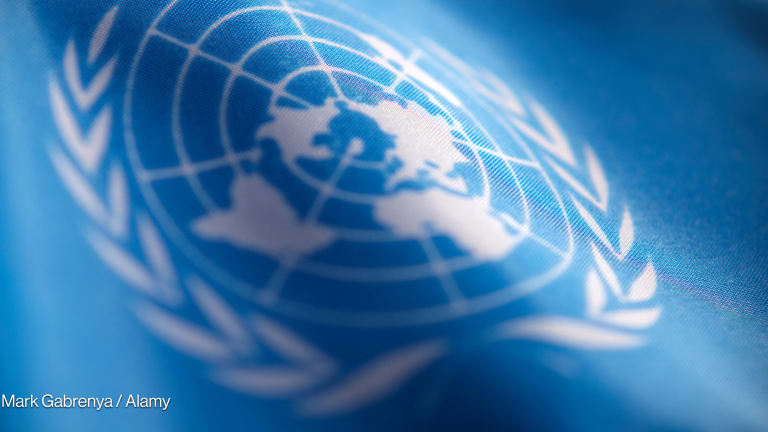Martin Griffiths, the United Nations chief emergency relief coordinator, announced plans Monday to step down by the end of June, citing the lingering impact of the COVID-19 virus on his ability to fulfill the taxing job, according to an internal email Griffiths sent to his staff Monday.
The announcement comes at a time when the U.N. is facing enormous humanitarian challenges from Gaza and Sudan, which are both facing the prospect of famine, to Afghanistan and Haiti, which has been overtaken by a coalition of armed gangs.
“The truth is that my health has been affected by long Covid and this has limited my strength to undertake the breadth of travel essential to my position,” Griffiths, the under-secretary-general in the Office for the Coordination of Humanitarian Affairs, or OCHA, wrote in a parting note to his agency’s staff, which was obtained by Devex. “Because I cannot be sure to regain that strength fully, I need to step aside for someone to be selected and to take over.”








